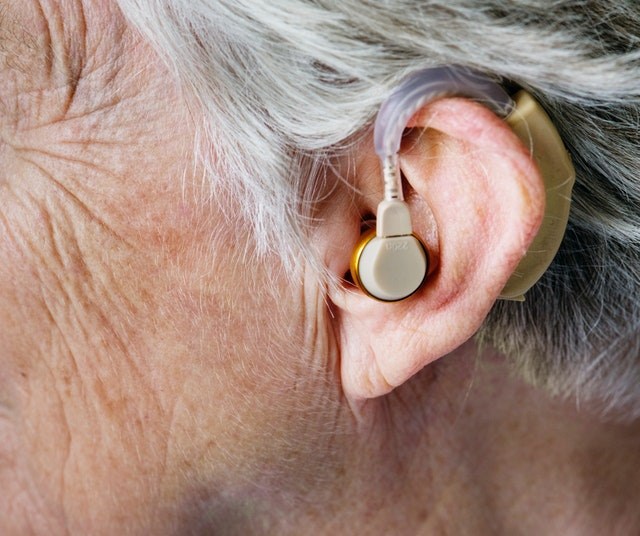The Positive Benefits of Hearing Aids

According to the National Institute on Deafness and Other Communication Disorders, 1 in 4 people in the US between the ages of 65-74 have disabling hearing loss, and the figure increases to 1 in 2 for those over the age of 75. These patients normally require a hearing aid, but many of them do not wear one.
In the past, experts have linked hearing loss to an increased chance of developing dementia, depression, anxiety, problems with walking, and falling.
In a recent study published in the Journal of American Geriatrics Society, researchers have found that using a hearing aid or another hearing device could make it less likely for these problems to occur.Elham Mahmoudi, Ph.D., from the University of Michigan, and leader of the study, stated:
"We already know that people with hearing loss have more adverse health events and more co-existing conditions, but this study allows us to see the effects of an intervention and look for associations between hearing aids and health outcomes….Though hearing aids can't be said to prevent these conditions, a delay in the onset of dementia, depression and anxiety, and the risk of serious falls could be significant both for the patient and for the costs to the Medicare system."
The study looked at data if nearly 115,000 individuals over the age of 66 years old who have lost hearing. All participants had insurance from an HMO due to the fact that Medicare HMOs often cover the cost of a hearing aid, unlike standard Medicare.
Participants were tracked for 1 year before their diagnosis to 3 years afterward. This allotted time gave researchers the opportunity to look for any new diagnoses of dementia, depression, anxiety or fall injuries.
It was found that wearing a hearing device:
- reduced the respective risk of being diagnosed with dementia by 18%
- reduced the respective risk of being diagnosed with depression or anxiety by 11%
- reduced the respective risk of fall-related injuries by 13%
Click here to read more.
